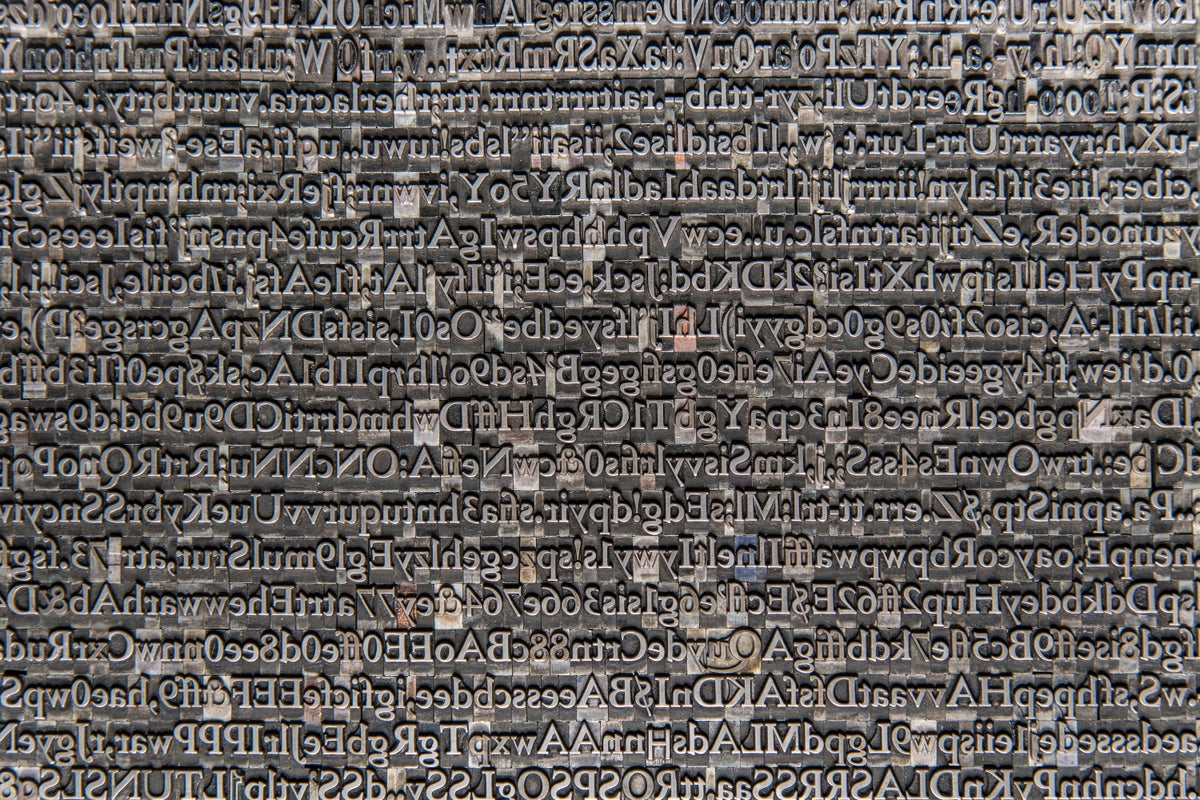
"Though references to AI slop date back at least to 2022, a poet and technologist who writes under the name deepfates popularized it two years later as the term for unwanted AI generated content in a post on X. Shortly afterward, developer Simon Willison shared the concept in a blog post: Not all AI-generated content is slop, he wrote. But if it's mindlessly generated and thrust upon someone who didn't ask for it, slop is the perfect term."
"The biblical book of Ecclesiastesthought to have been written between 300 and 200 B.C.E.laments, Of making many books there is no end. This was in response to the flood of philosophical writings in the ancient Near East and Hellenistic world. Since then, whenever new tools to crank out communications have become available, somebody has flooded the zone with the fastest, most imitative material that could garner attention."
"One notable slop moment came after Johannes Gutenberg invented the movable-type printing press in Europe. The devicethe ChatGPT of the 1450sallowed the mass production of cheap printed material. Over the next 300 years, chapbooks and broadside ballads became mainstays in Britain. Carrying news, satire and story into places where expensive books had seldom reached, they were sold for pennies, tacked to alehouse walls and sung aloud for the illiterate."
Terms such as spam, fluff, clickbait, churnalism and kitschslop label mass-produced low-quality content. The label slop now often denotes unwanted AI-generated material, popularized on social platforms and noted by developers who caution that not all AI output is slop. Slop describes mindless, unsolicited generation and has become a pejorative framing that treats AI as cultural pollutant. Mass-produced culture has recurring patterns: new communication tools prompt rapid imitation and low-quality output, yet historical waves of cheap production—from ancient pamphlets to Gutenberg-era chapbooks—also carried news, satire, and creative forms that sometimes matured into lasting art.
Read at www.scientificamerican.com
Unable to calculate read time
Collection
[
|
...
]